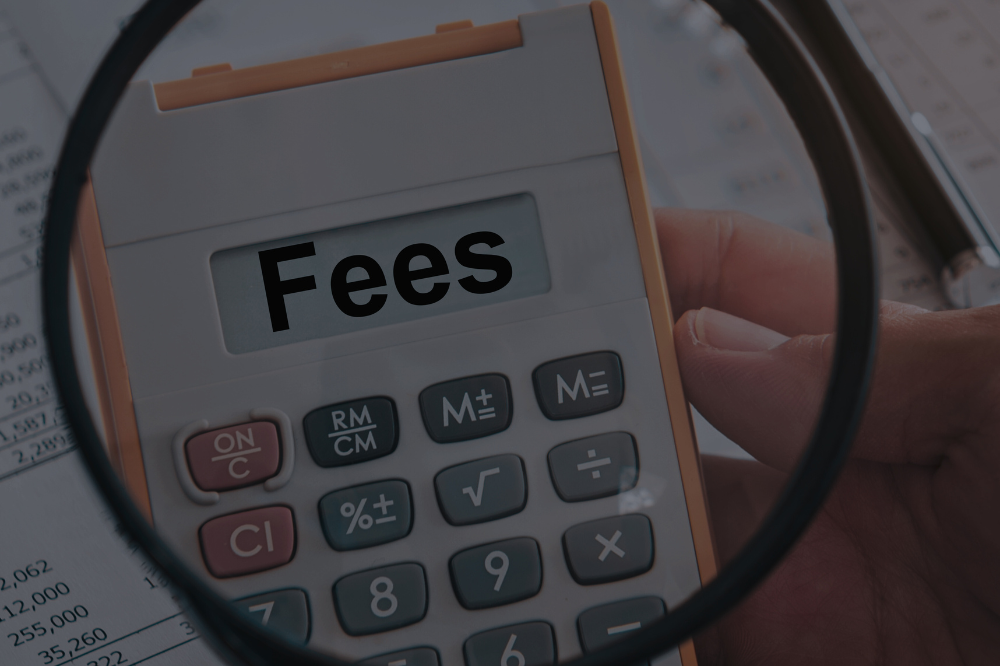Learn more about what a foreign transaction fee is and how you can avoid it when travelling abroad!
Traveling abroad can be a great experience. But between flights, accommodation, and sightseeing, costs can quickly add up. On top of that, there’s a fee that can catch you off guard: the foreign transaction fee.
If you are you going to travel abroad, get to know more about what exactly this fee is and how you can avoid it, so you can save some money and have a a stress-free trip. Also, if you want to check out more financial tips on our website, you can click on this link!
What Is a Foreign Transaction Fee?
It is a charge levied by your credit card issuer for using your card in a foreign country. These fees are typically a percentage of the transaction amount, usually ranging from 1% to 3%. For example, if you’re making a purchase abroad that is the equivalent of $100 and you pay for it with a credit card that has a 3% foreign transaction fee, your total cost will be $103.
How Much Does a Foreign Transaction Fee Cost?
The specific foreign transaction fee you’ll be charged depends on your credit card issuer and the terms of your card agreement. The typical range goes from 1% to 3%. However, some cards can charge up to 5% or not charge it at all. So, it’s crucial to check your credit card’s fees to know the exact percentage you’ll be charged.
Is It the Same as a Currency Conversion Fee?
No, there are some key differences, such as:
- Foreign Transaction Fee: a fixed percentage charge applied by your credit card issuer for using your card abroad;
- Currency Conversion Fee: a small markup added to the exchange rate when converting foreign currency to your home currency. This fee can be charged by your bank, the payment processor, or even the foreign merchant (through a service called Dynamic Currency Conversion or DCC).
| Feature | Foreign Transaction Fee | Currency Conversion Fee |
|---|---|---|
| Type of Fee | Percentage of transaction amount | Flat fee or markup on exchange rate |
| Charged by | Credit card issuer | Bank, payment processor, or merchant |
| Purpose | To cover costs associated with processing international transactions | To profit from currency exchange |
How to Avoid Foreign Transaction Fees
- Get a Travel-Friendly Credit Card: look for cards that specifically waive foreign transaction fees. Many travel rewards cards offer this benefit alongside other perks like travel insurance and airport lounge access;
- Use a Debit Card with No Foreign Transaction Fees: some debit cards from online banks or credit unions avoid foreign transaction fees. However, be mindful of potential ATM withdrawal fees abroad;
- Pay in Local Currency: whenever possible, choose to pay with cash in the local currency at the point of sale. This way, you can avoid the markup applied by your credit card issuer for currency conversion;
- Be Wary of Dynamic Currency Conversion (DCC): some merchants might offer to convert the transaction amount to your home currency at the checkout. This service, known as DCC, often comes with a less favorable exchange rate, so it’s best to decline and pay in the local currency;
- Consider Using a Travel Wallet App: it allows you to pre-load funds and avoid foreign transaction fees altogether. These apps often offer competitive exchange rates as well.
What Are the Best Credit Cards for International Travelling?
- Best Overall and for International Travel Benefits: Chase Sapphire Preferred® Card
- Best for Luxury Travel Perks: American Express Platinum Card®
- Best for Travel Insurance: Chase Sapphire Reserve®
- Best for International Travel With No Annual Fee: Bilt Mastercard® and Wells Fargo Autograph℠ Card

